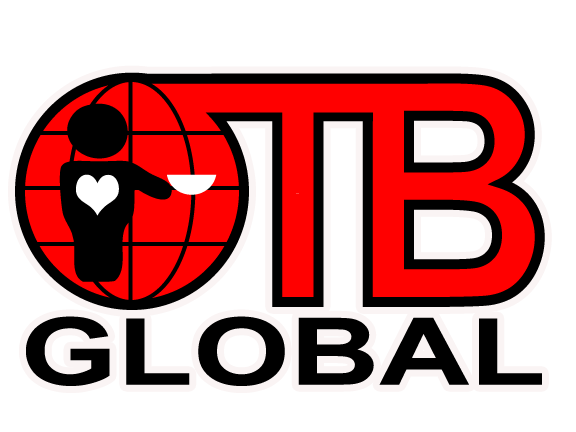Sustainability
OTB.Global is a forerunner in sustainability initiatives involving food insecurity for the world’s poorest and the most vulnerable. A typical OTB.Global facility encourages and establishes a number of sustainability solutions.
Sustainable Feeding Solutions:
Too often, traditional feeding programs fall short of their objectives of reaching sustainability due to the inherent flaws within the respective delivery model. Take home rations (THR) lack the ability to verify that meals are being delivered to the intended recipient as studies have revealed that only 40-60% of the meals are reaching the targeted child. Theft of meals is a significant issue within THR programs.
Both THR and School Feeding Programs (SFP) struggle with distribution and administration difficulties which affect the overall sustainability of the programs. The USAID' Office of Nutrition states that "the lack of administrative infrastructure in many developing countries, hinders orderly record keeping, organization, and distribution of the food."
Gender harassment is often a problem with unsupervised distribution models where girls are often bullied into giving their rations away further complicating sustainability.
Many feeding programs are staffed with volunteers. While volunteer labor assists with lowering labor costs, dependability is lacking with this model and there is little to no accountability with regard to food quality and nutritional content. Overall, volunteer labor can add to the overall cost and effectiveness of the program.
The OTB.Global model address each of these issues specifically and resolves the problems within our basic operating framework. Each OTB.Global kitchen is operated with detailed and standardized processes and procedures that are within the United States Food & Drug Administration standards. Each kitchen is a model of efficiency. All administrative aspects, including delivery and reporting are managed by professionally trained staff.
Kitchens hire and train full time employees that are indigenous to the area. Hired staff include kitchen managers, chiefs, cooks, drivers and security personnel. Standardized menus are created to please the local palate using local produce and spices in every meal.
Distribution is controlled to the point of plating the food so food theft and gender inequality is eliminated almost entirely.
The results of the operational efficiencies of an OTB.Global kitchen is a reproducible and sustainable feeding solution for both SFP and THR programs.
Environmental Sustainability:
In developing countries, an estimated 2.5 billion people rely on biomass fuel sources such as fuel wood, charcoal, agricultural waste and animal dung to meet their energy needs for cooking. When these resources are harvested unsustainably there are serious adverse consequences for health, the environment, and economic development. It is estimated that nearly 1.3 million people die prematurely every year because of exposure to pollution contaminates from these biomass fuel sources.
In regions such as Haiti, the incessant use of biomass, specifically charcoal, has had a tragic effect on the country as deforestation and the subsequent erosion of topsoil has destroyed farming production and becoming a major contributor to the unrelenting poverty within the country.
OTB.Global kitchens mitigate the need for biomass fuel sources as our commercial grade kettles and equipment are run off electricity. As we reach toward total sustainability, kitchens can be configured to use solar for most or all electrical needs.
Sustainable Agriculture Solutions:
Sustainable agriculture solutions within the framework of developing countries emphasize the importance of creating farming practices that do not disturb the natural environment, provide for economically viable farming methods that are achievable by indigenous farmers, and provide for society's needs.
According to the World Wildlife Fund, "the rate of population is growing at an alarming rate and most of this growth is in the third world or developing countries where traditional methods of agriculture are used. In these countries, many people go hungry."
Yet when sustainable solutions are introduced to indigenous farmers, crop yields on farms in developing countries that used sustainable agriculture rose nearly 80 percent in four years, according to a study by the American Chemical Society journal Environmental Science &Technology. The study, the largest of its kind to date concludes that sustainable agriculture protects the environment in these countries while substantially improving the lives of farmers who adopt the resource-conserving practices.
Without additional markets to sell into indigenous farmers lack the motivation and capital to implement sustainable practices. An OTB.Global high production kitchen will purchase substantial amounts of produce from local farmers and provides the economic stimulus for farmers to introduce sustainable agriculture solutions.
In coordination with our sustainable farming partners, OTB.Global provides a platform to introduce sustainable agriculture solutions to farmers.




